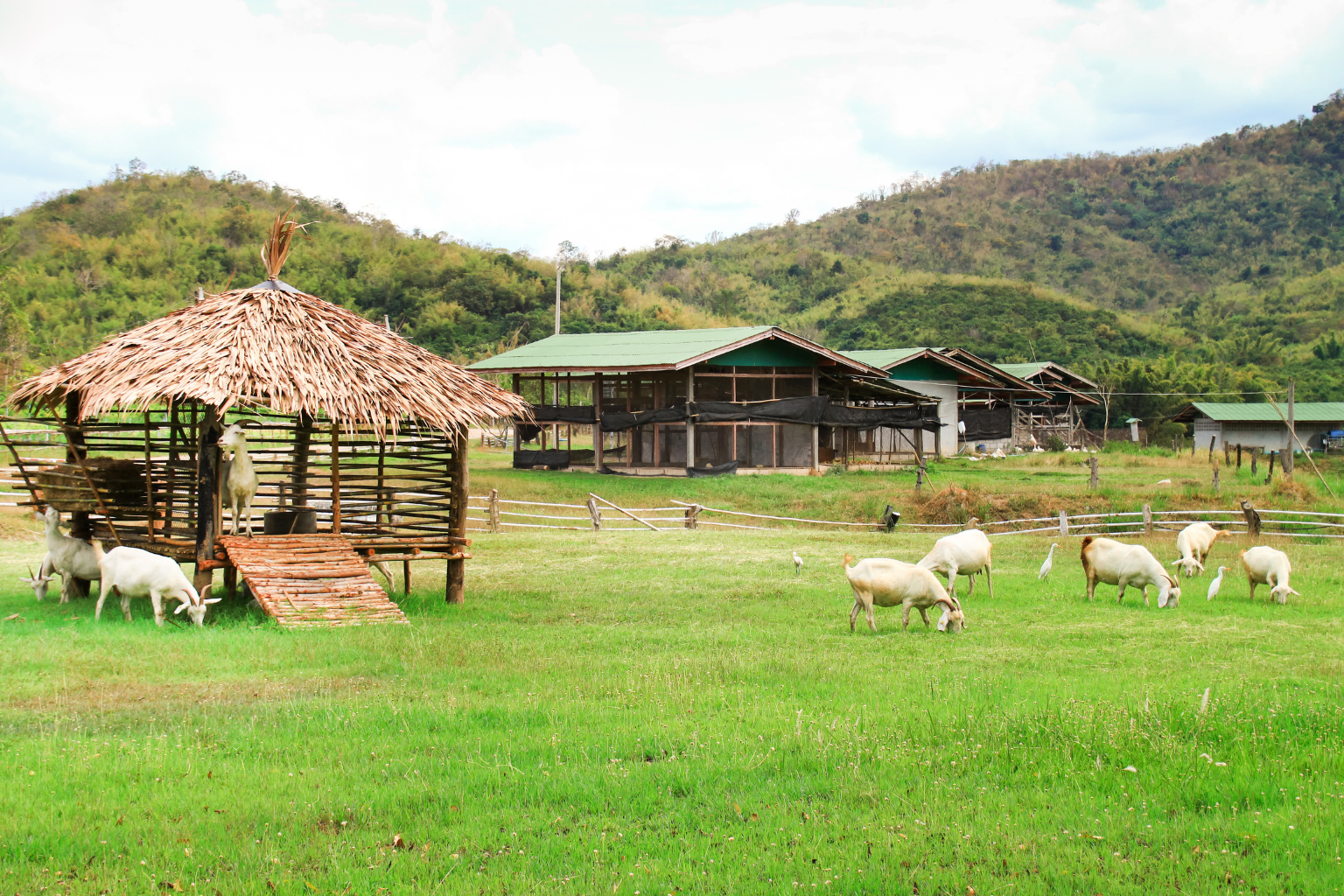Historic Farm in New Jersey Spares the Sledge – Officials Reconsider Seizure

The Henry family’s 175-year-old Cranbury, New Jersey farm is currently at the center of a contentious argument about land usage and local government power. The township wanted to confiscate part of the Henrys’ farm property through eminent domain to build affordable housing. However, that idea is facing tremendous resistance and may be reconsidered by officials.
Cranbury is targeting the Henry family property, a historically significant agricultural land, to meet state-mandated affordable housing requirements. The city believes it needs the acreage to avert “builder’s remedy” lawsuits from developers for failing to offer enough affordable homes. The property’s owners, Andy and Christopher Henry, say the area is still a farm and unsuitable for dense residential construction due to its historic significance and current use.
The township has hired a firm to appraise twelve acres of the Henry farm to start the acquisition process. The Henrys found this concerning because local officials have not tried to negotiate. Other affordable home options that minimize farming compromise are available, they said.
Public outrage is high. Historians, residents, and farmland protection organizations point to agricultural legacy and environmental decline. Federal authorities are also investigating if state or municipal farmland protection regulations were broken. Developers have offered the Henry family millions of dollars, but they want to keep the land as it is.
Cranbury political leaders are reconsidering due to lawsuits, public uproar, historical relevance, and legal examination. The town mayor understands the seriousness of eminent domain, especially when historic and family legacy are at stake. Town authorities are investigating alternative sites, less intrusive possibilities, and if the community will accept ideas that balance affordable housing with farmland preservation.
The Cranbury conflict highlights the balance between housing ambitions and agricultural purity, the importance of historical preservation in local decision-making, and the limits of government power in addressing property rights. Many watch this case as the municipality pauses and reconsiders how to make tough land, housing, and historical decisions.
Sources
NJ Spotlight News
New York Post




